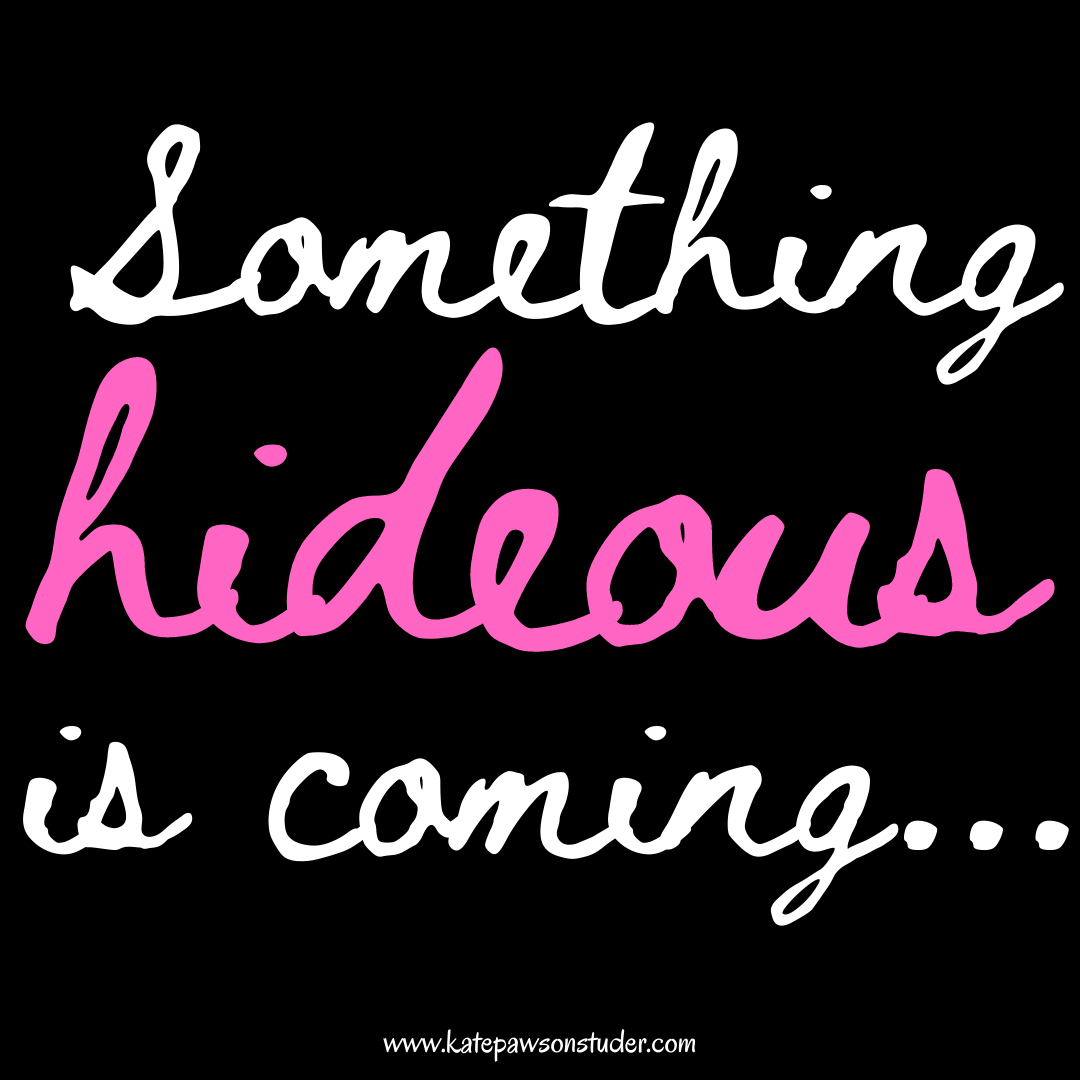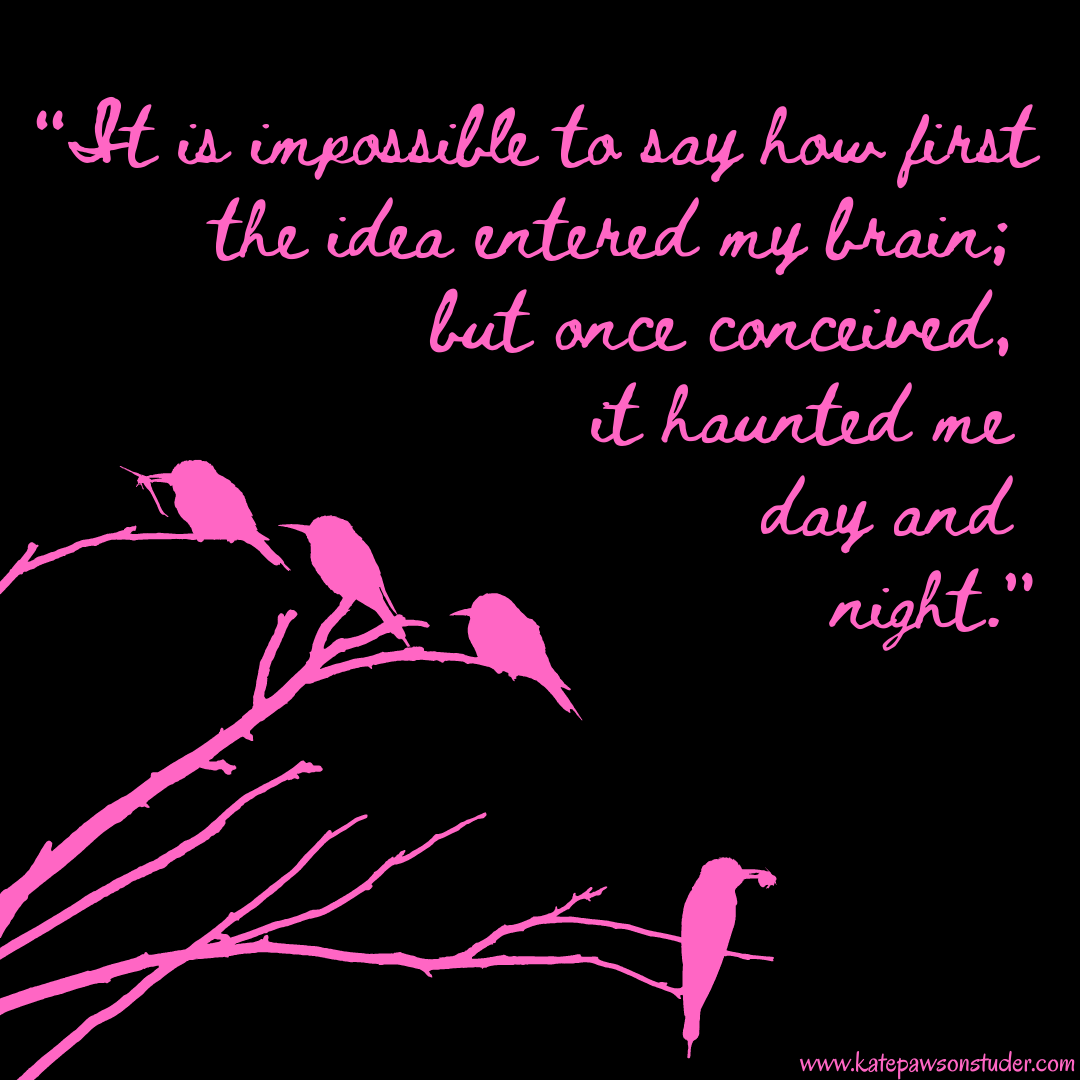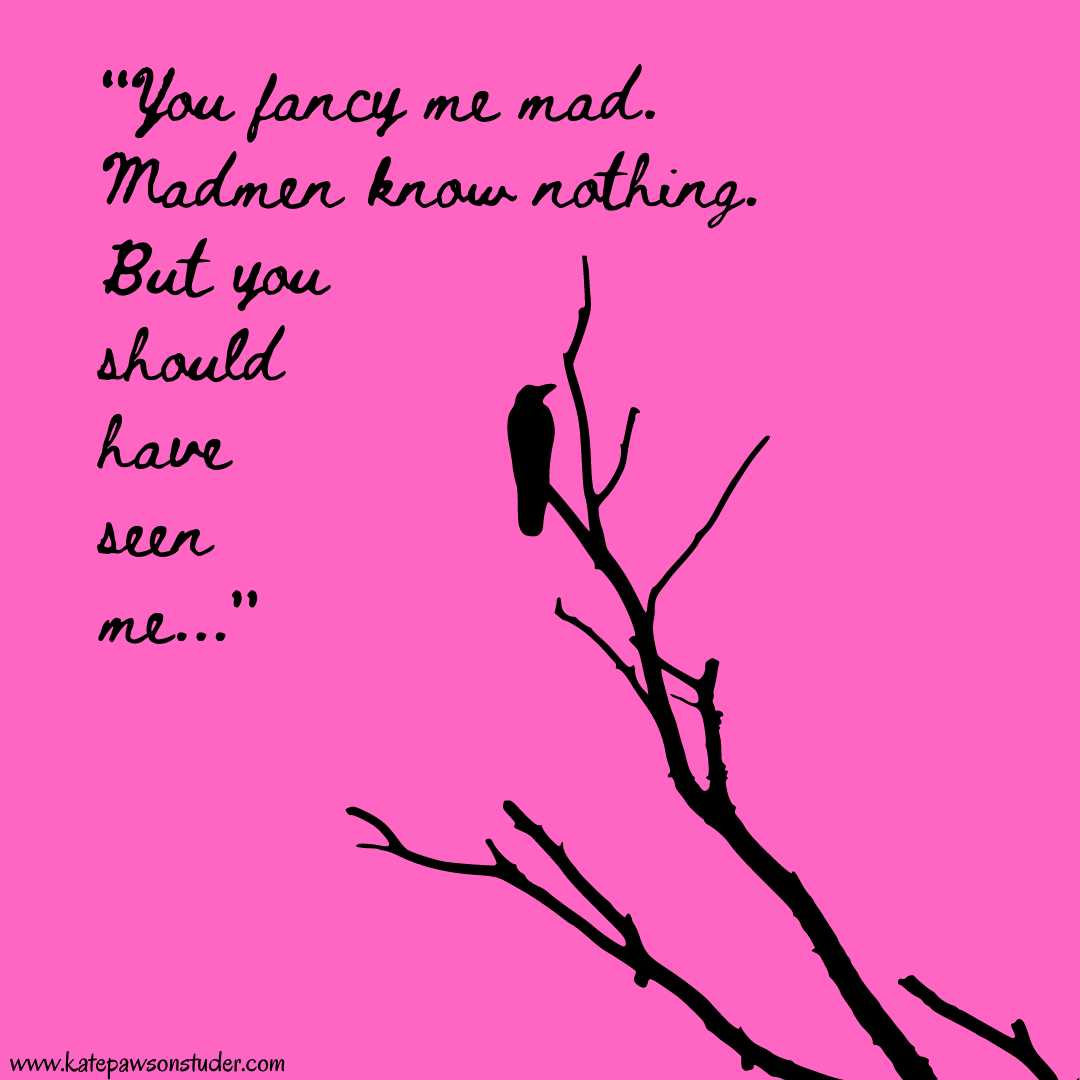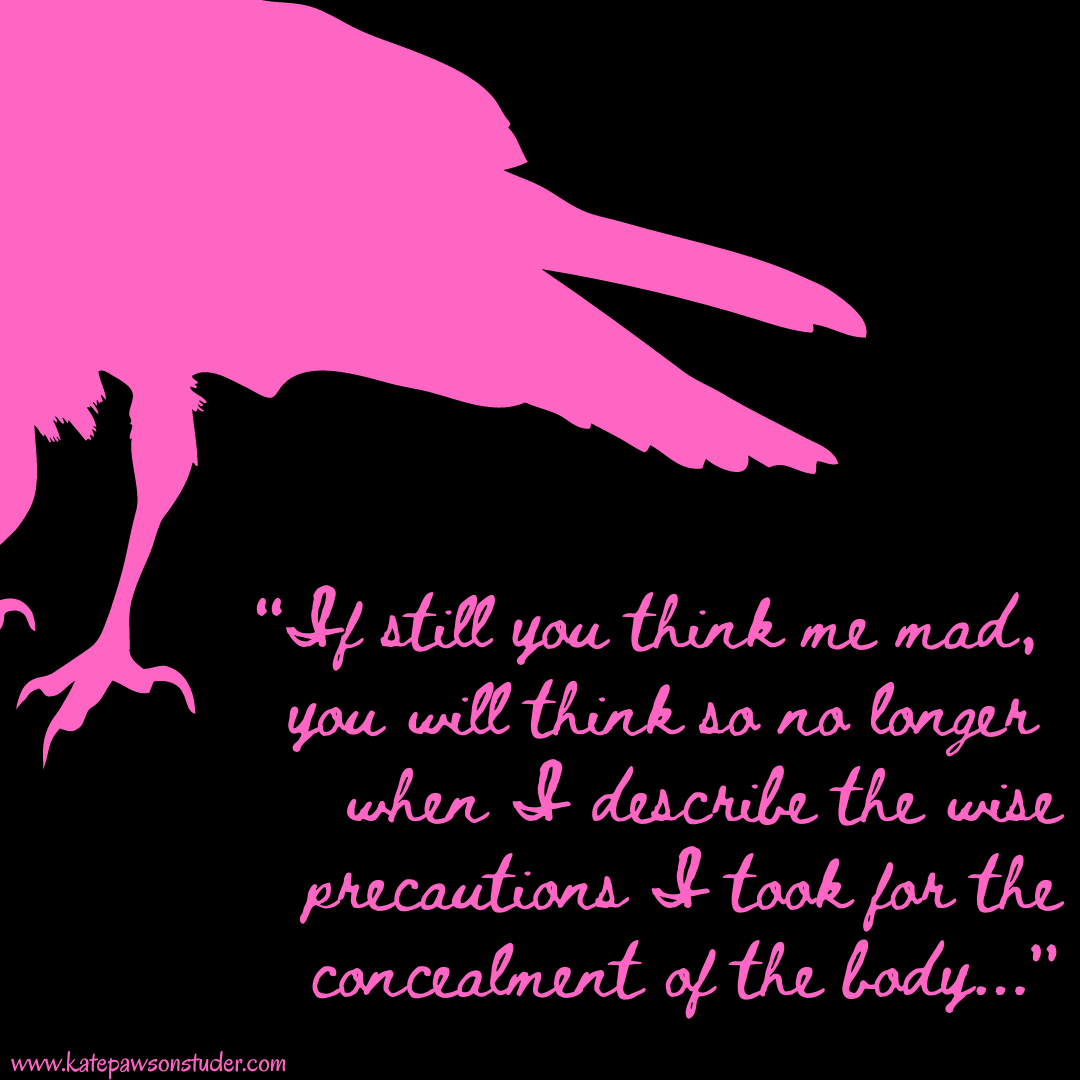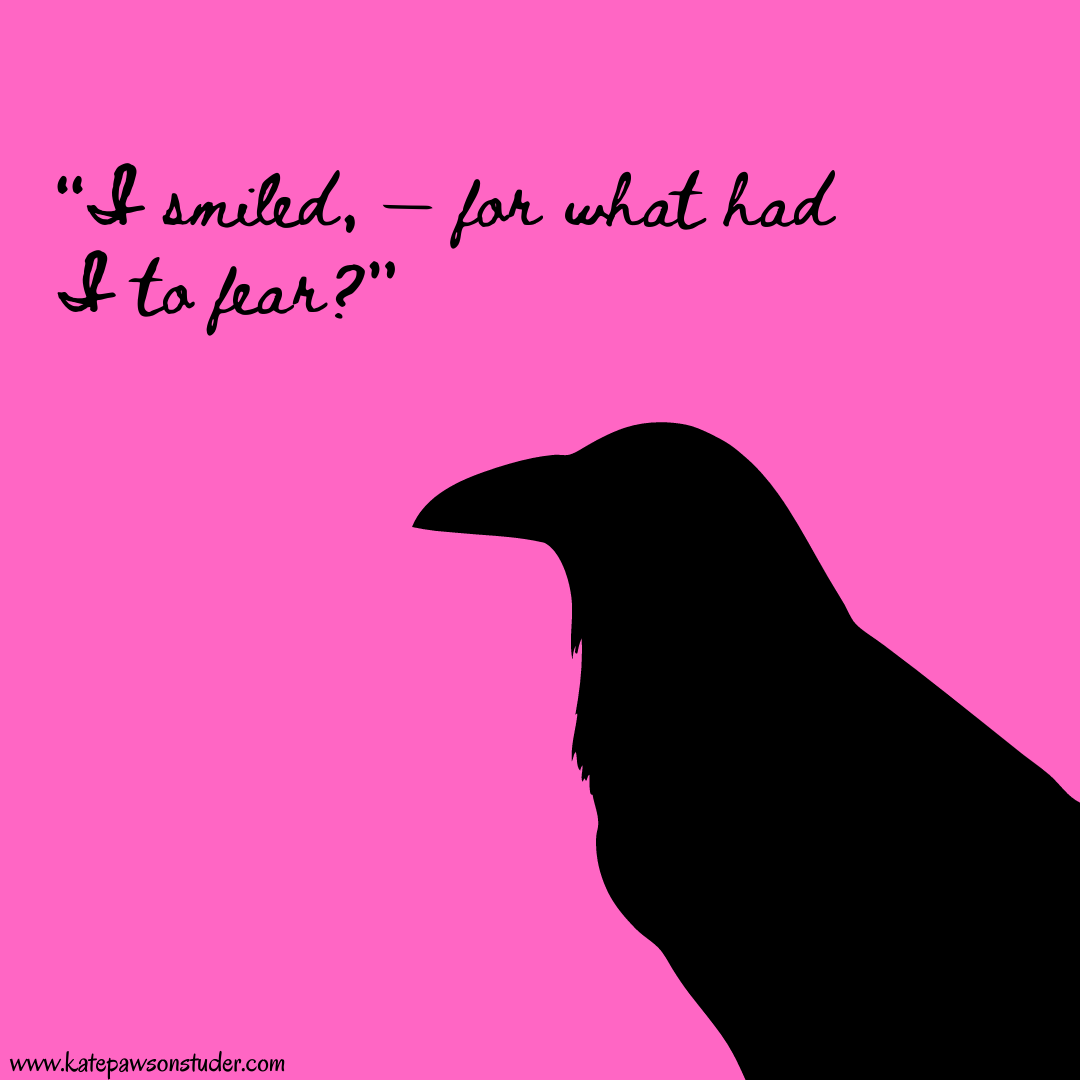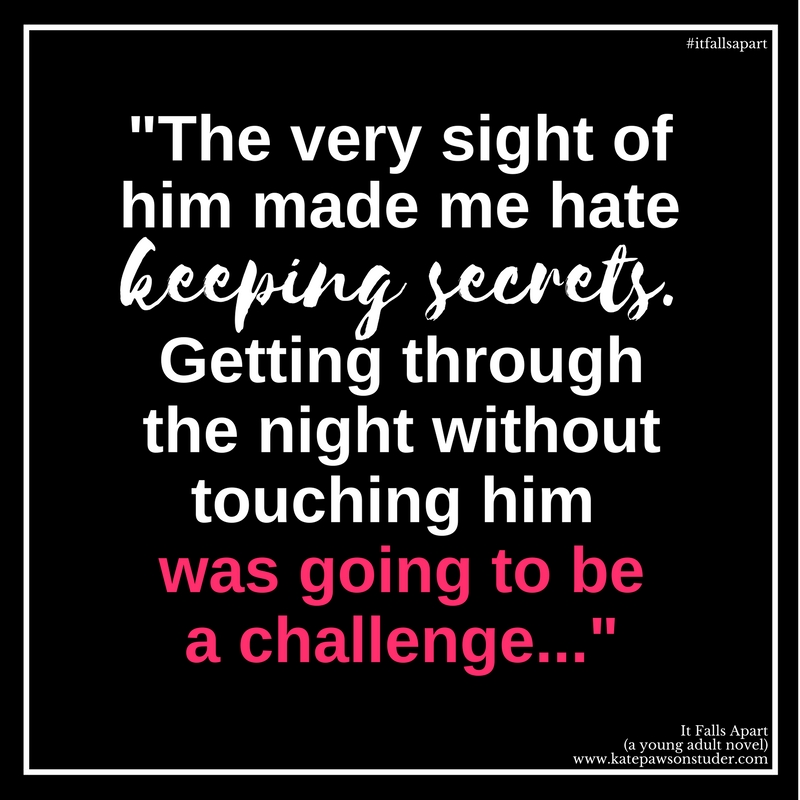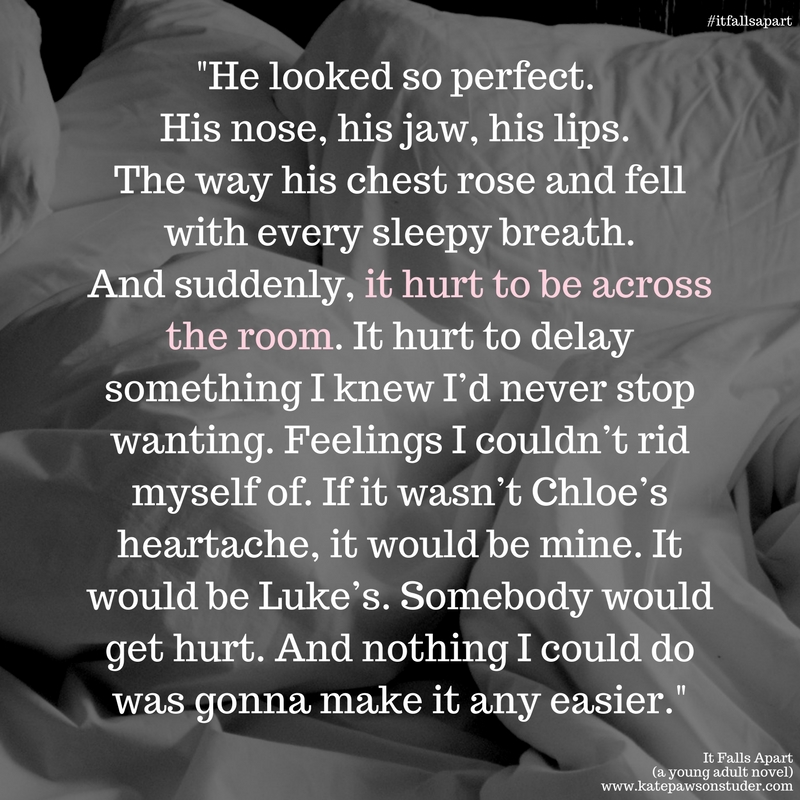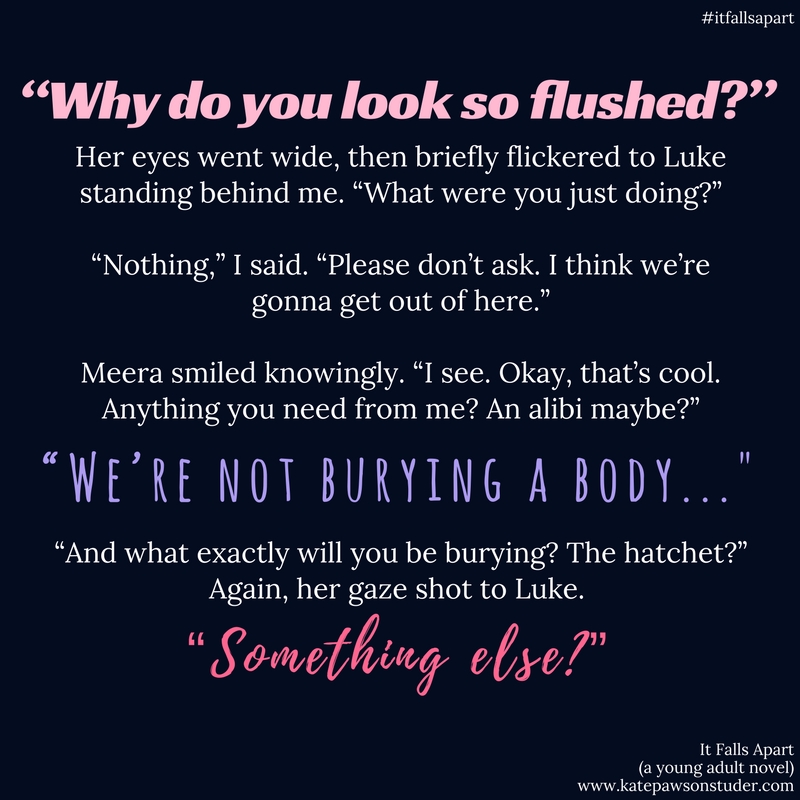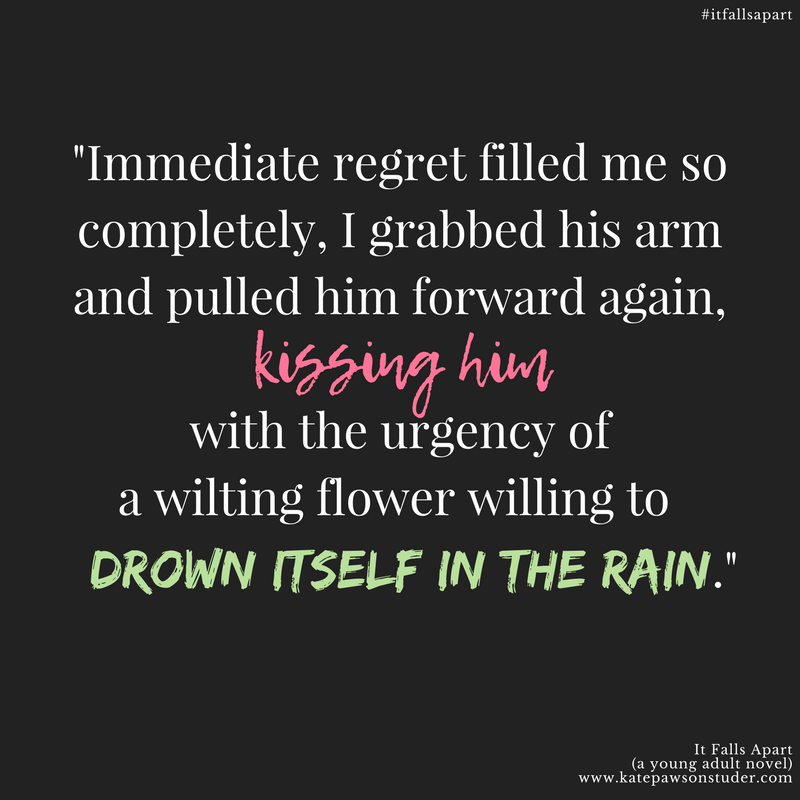between the covers and beyond
/
There's an intimacy in reading that separates it from other forms of consumable art. Yes, it can be argued that the consumption of any art is, in its own way, an intimate experience, but with reading, it's more apparent.
Aside from academic settings, authorly events and of course, the bedtime story, reading is typically a solo act--a silent, private act. The reader alone decides which book to pick up--and whether or not to later put it down. While you certainly can watch a movie by yourself, it's generally a group activity. The choice of what to watch is a shared experience (even if one person is calling the shots and the other is complacent). The reactions to the film are shared as well.
Guilty-pleasure reads are easier to "get away with" than guilty-pleasure viewings. And e-readers and tablets make reading an even more private experience. I find myself wondering if books like Fifty Shades of Gray would have taken off if not for the privacy of the e-reader. Not that the readers of that book are all about keeping it a secret. Word of mouth is what allowed Fifty Shades to be the sensation it was. But how many readers would have taken the plunge without the covert nature of the e-reader?
This brings me to the in-development Fifty Shades of Gray movie. I get it. Book sells like gangbusters, film rights are optioned, film gets green lit because there's clearly an audience and money to be made. But this is not another teen movie. I don't see how anyone can expect the film to do anywhere near as well as the book did. This is NC-17 territory. Which is fine because probably nobody under 17 should be reading the books either. But let's go back to what I said about reading being an intimate experience. You can read Fifty Shades of Gray and enjoy it privately. The subject matter is intimately consumed. Now take that content and put it up on a big screen. Ratings aside, how likely are Fifty's readers to go see the story re-enacted in living colour glory? There will certainly be people who have no issue with it, but I can't help but feel that a large portion of the novel's audience would be less keen to bring what had been an intimate reading experience into the very public venue of a theater.
Of course, I may be completely misjudging the times. Maybe we are ready for a mainstream NC-17 film. But I'm reluctant to think so...
Are there any books you've enjoyed as a personal reading experience that you wouldn't as eagerly consume in a more public format?
Aside from academic settings, authorly events and of course, the bedtime story, reading is typically a solo act--a silent, private act. The reader alone decides which book to pick up--and whether or not to later put it down. While you certainly can watch a movie by yourself, it's generally a group activity. The choice of what to watch is a shared experience (even if one person is calling the shots and the other is complacent). The reactions to the film are shared as well.
Guilty-pleasure reads are easier to "get away with" than guilty-pleasure viewings. And e-readers and tablets make reading an even more private experience. I find myself wondering if books like Fifty Shades of Gray would have taken off if not for the privacy of the e-reader. Not that the readers of that book are all about keeping it a secret. Word of mouth is what allowed Fifty Shades to be the sensation it was. But how many readers would have taken the plunge without the covert nature of the e-reader?
This brings me to the in-development Fifty Shades of Gray movie. I get it. Book sells like gangbusters, film rights are optioned, film gets green lit because there's clearly an audience and money to be made. But this is not another teen movie. I don't see how anyone can expect the film to do anywhere near as well as the book did. This is NC-17 territory. Which is fine because probably nobody under 17 should be reading the books either. But let's go back to what I said about reading being an intimate experience. You can read Fifty Shades of Gray and enjoy it privately. The subject matter is intimately consumed. Now take that content and put it up on a big screen. Ratings aside, how likely are Fifty's readers to go see the story re-enacted in living colour glory? There will certainly be people who have no issue with it, but I can't help but feel that a large portion of the novel's audience would be less keen to bring what had been an intimate reading experience into the very public venue of a theater.
Of course, I may be completely misjudging the times. Maybe we are ready for a mainstream NC-17 film. But I'm reluctant to think so...
Are there any books you've enjoyed as a personal reading experience that you wouldn't as eagerly consume in a more public format?
 |
| Photo credit: Hellmy |





